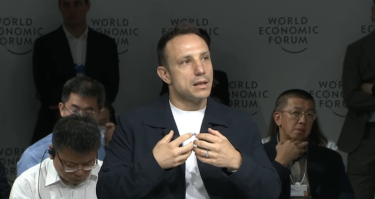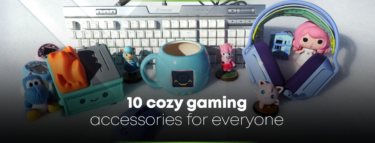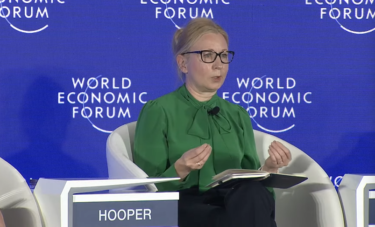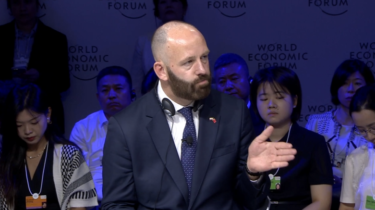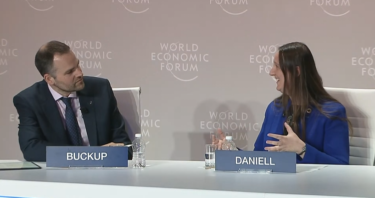European, African, and US governments have refused to sign a controversial United Nations’ treaty which they believe would give oppressive regimes more control over the development of the Internet, leading to increased censorship.
The ITU treaty was signed last night by 89 nations, with some 55 refusing to do so. The treaty itself was an update of a 24 year old document which came into force before the development of the web and the resulting expansion of Internet traffic.
Delegations from several US, European, and African states were concerned by language proposed by a bloc that included China, the United Arab Emirates, and Russia which they believe could be used to cede control of the Internet from several non-governmental US-based bodies to the ITU.
The treaty text was watered down from original Russian proposals, which looked for greater UN controls over basic Internet functions. The US called these proposals “shocking” and said it wanted no mention of the Internet in the treaty document.
Refusing to sign the document the US delegation, headed by Ambassador Terry Kramer, said
“It is with a heavy heart and a sense of missed opportunities that I have to announce that the United States must communicate that it is unable to sign the agreement in its current form.”
The internet has given the world unimaginable economic and social benefit during these past 24 years. All without UN regulation. We candidly cannot support an ITU Treaty that is inconsistent with the multi-stakeholder model of internet governance.”
ITU and the Internet
The ITU has said on several occasions that it does not want to control the Internet and that the treaty document would not provide the organisation with powers over the system. Writing on the ITU’s website the Secretary General of the ITU, Dr Hamadoun I. Touré, described the treaty as an “important win for consumers” with regards to items such as greater transparency on international mobile roaming charges.
He added that the ITU treaty was not a document designed to control the Internet,
“I have been saying in the run up to this conference that this conference is not about governing the Internet. I repeat that the conference did NOT [their emphasis] include provisions on the Internet in the treaty text.”
Dr Touré says that the treaty does not cover issues of Internet content but along with the treat is a “non-binding Resolution which aims at fostering the development and growth of the internet – a task that ITU has contributed significantly to since the beginning of the Internet era, and a task that is central to the ITU’s mandate to connect the world, a world that today still has two thirds of its population without Internet access.”
Addressing issues of censorship and human rights he said, “the preamble of the new text signatory Member States undertake to renew their commitment and obligation to existing human rights treaties.”
While Dr Touré says that the Internet is not covered in the treaty he suggests that this is not the end of the debate over the management of the Internet, saying that the constant mention of the Internet at the conference was a “recognition of the current reality” of the net’s place in international telecommunications;
“The word ‘Internet’ was repeated throughout this conference and I believe this is simply a recognition of the current reality – the two worlds of telecommunications and Internet are inextricably linked. I demonstrated that from the very beginning by inviting my friend Fadi Chehadé, the CEO of ICANN, to address our conference at the beginning.”
Think again
According to the Guardian, because several governments refused to sign the treaty it cannot be effectively implemented, although Mohamed al-Ghanim, the Conference’s Chairman, and head of United Arab Emirates’ Telecommunications Regulatory Authority said, “I hope that the 55 states that said do not want to sign the treaty, or need to hold consultations, to [sic] think again.”
Speaking after the treaty was signed a Google representative said, “What is clear from the ITU meeting in Dubai is that many governments want to increase regulation and censorship of the Internet.”
“We stand with the countries who refuse to sign this treaty and also with the millions of voices who have joined us to support a free and open web.”




